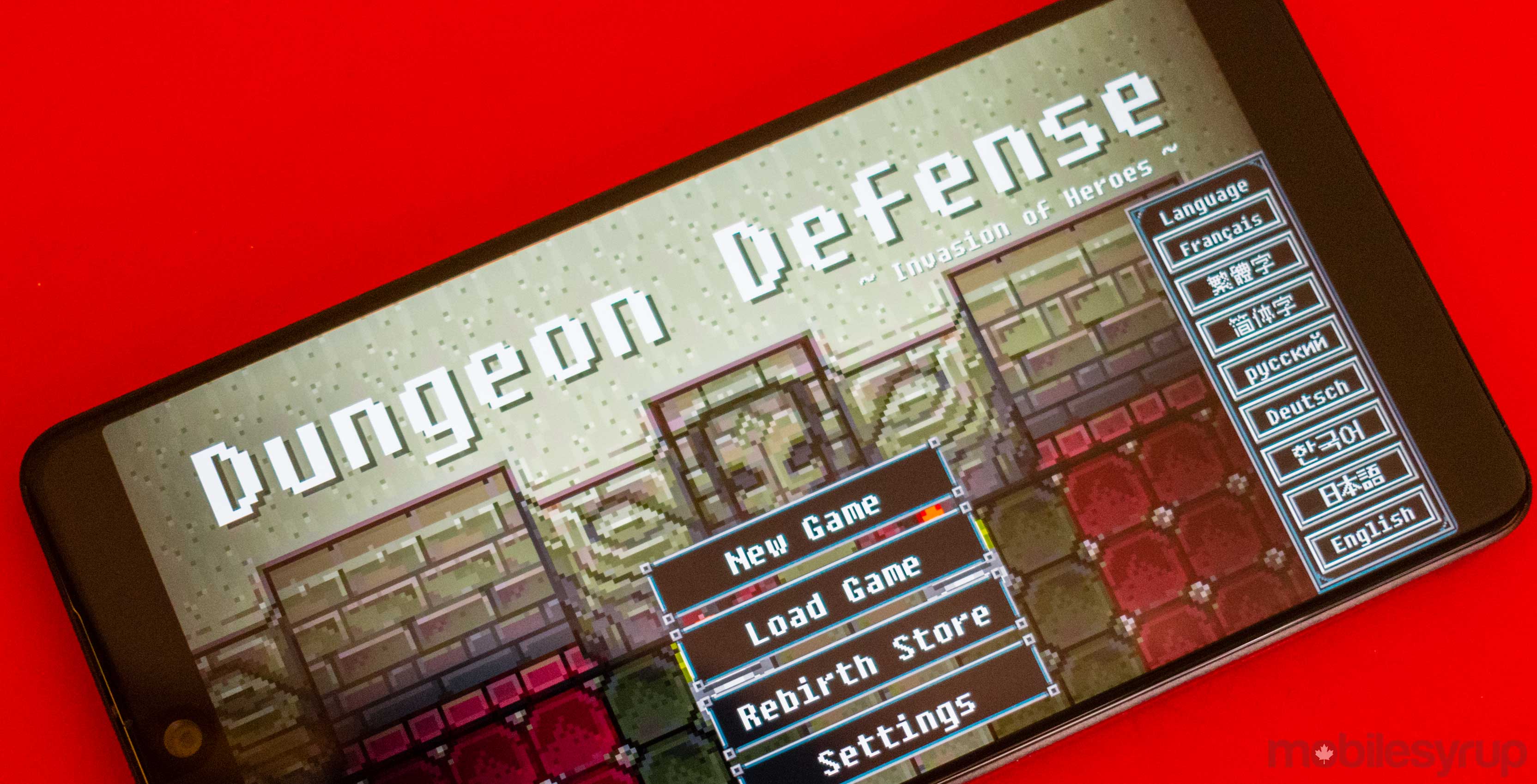
If previous entries in the Game of the Week series have veered towards titles defined by their simplicity and relaxing qualities, allow me to alleviate appetites hungry for challenge with GameCoaster’s Dungeon Defense.
This is a game that is almost categorically dense in the way it expands upon a simple premise. It’s also a feast for RPG fans who crave a quasi-8-bit throwback to a bygone era of menus, submenus, and endless reading, but who are also looking for a dungeon defense title packed with a lot more.
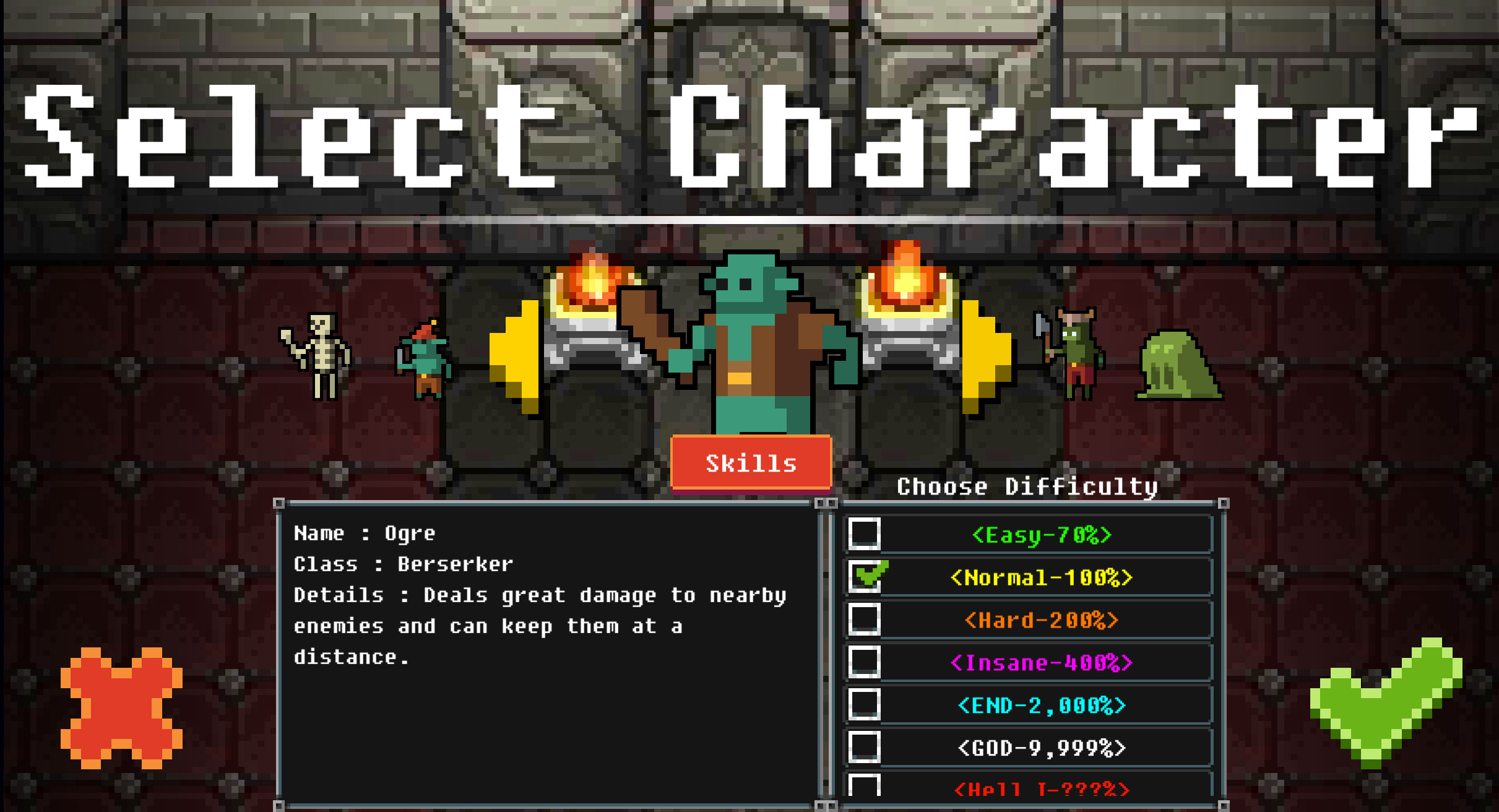
Like all RPGs, Dungeon Defense begins by tasking players with choosing their player character role. From the onset, players have access to characters like a berserker, warrior, mage, rogue and the like.
Rather than allowing players to defend their base using humans, however, the game gives players the choice of playing as fantasy creatures, including an ogre, goblin, slime and wraith. Players can unlock human characters as they earn more in-game currency — or they can make a purchase through a micro-transaction — and each character learns specific skills and introduces a unique kind of gameplay.
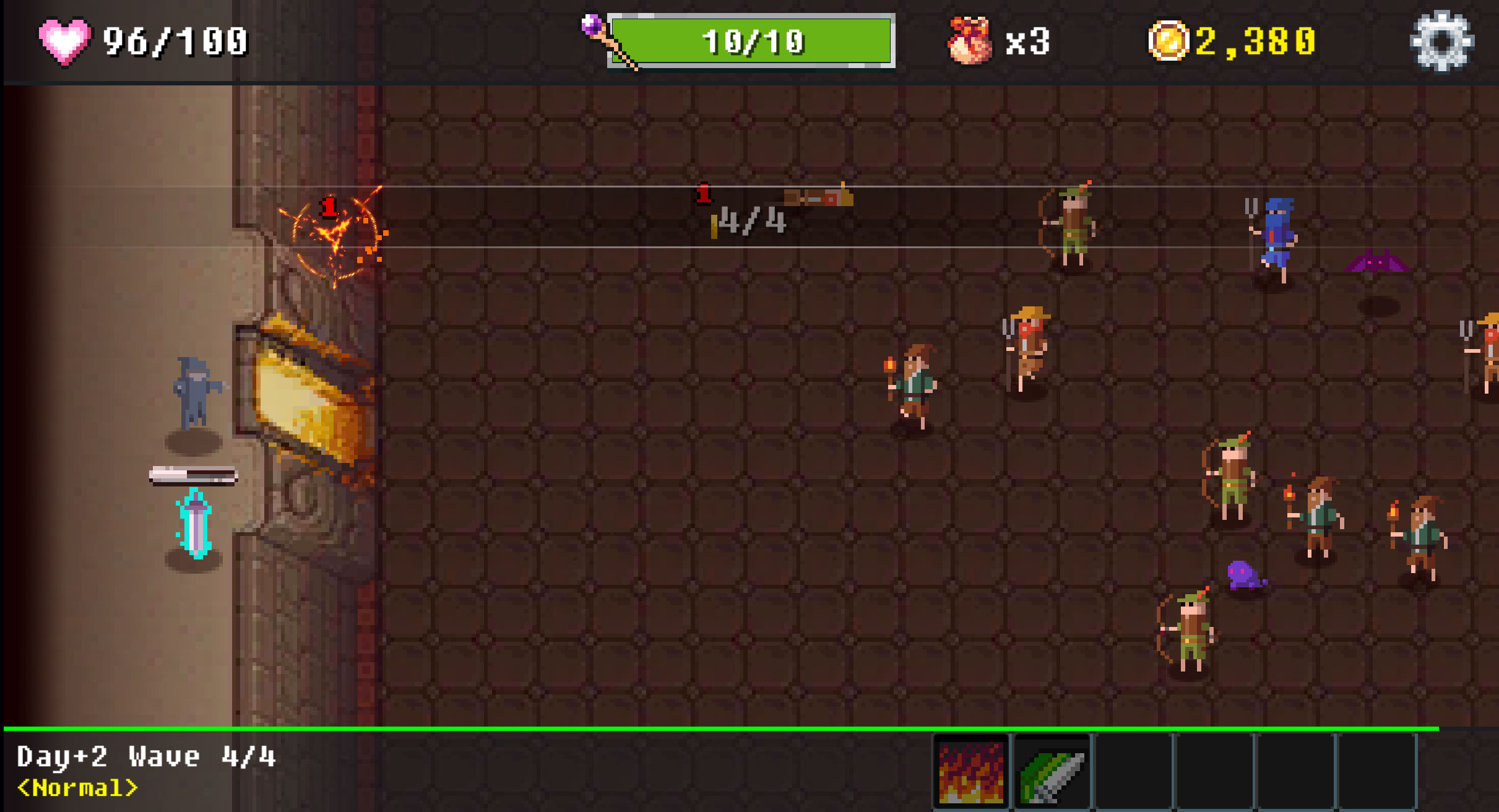
For example, the wraith — who acts as the game’s mage — is built for quick ranged attacks. The ogre — who also serves as the game’s berserker — is designed for close-range combat and is defined by powerful strikes rather than quick jabs. The game also automatically assigns players with an additional character, determined by the playable character.
The living sword — the game’s ninja — is automatically assigned to the wraith. Likewise, the goblin — the game’s rogue — is automatically assigned to the skeleton. The additional character is controlled by a computer, allowing the player to continue attacking and defending while player characters recharge after attacks.
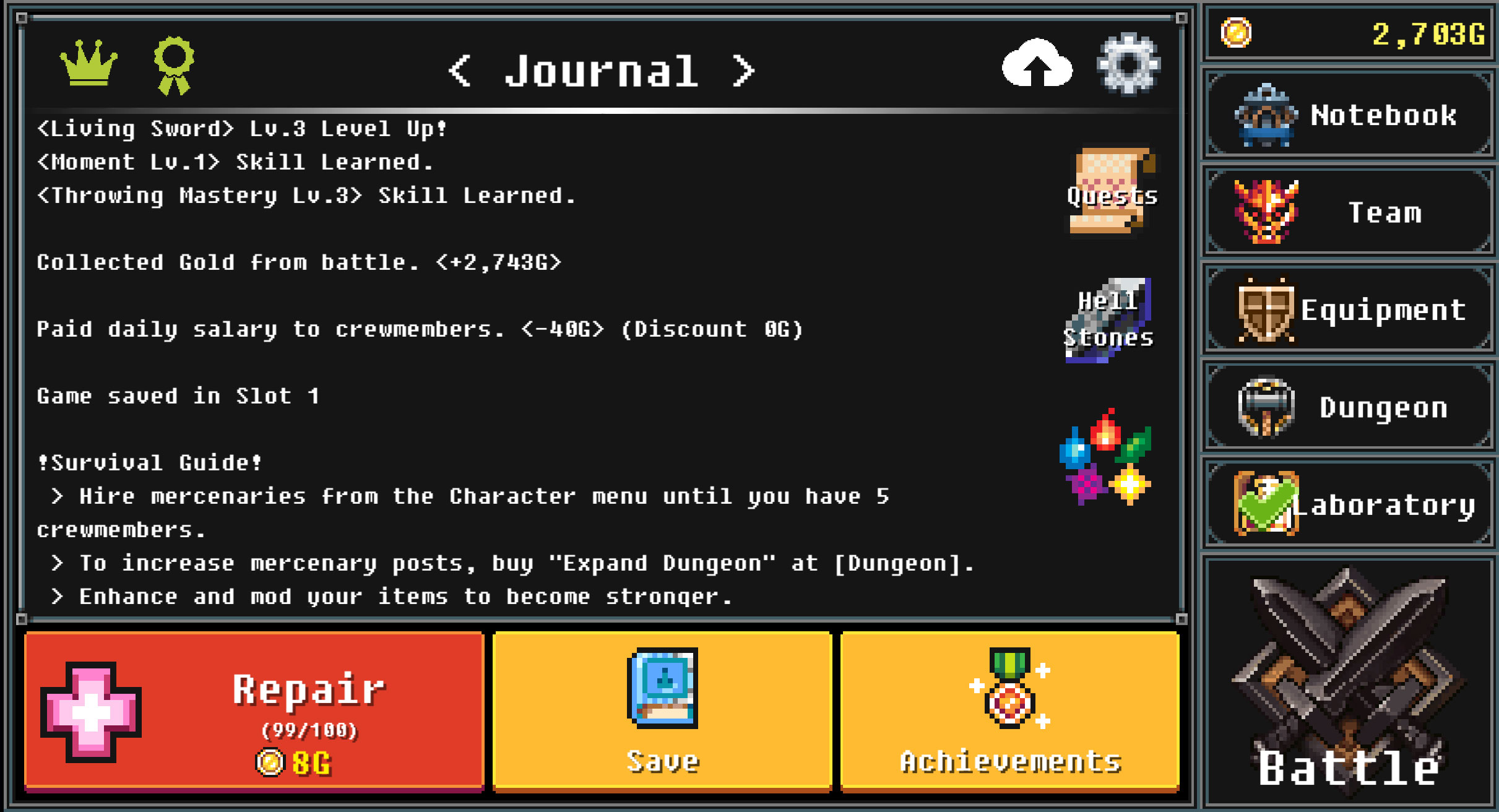
While the game’s core gameplay mechanics should be familiar to anyone who’s ever played a castle defence game before — tap to attack enemies, use items to buff up defence, wait for special attacks to charge — it’s everything built around gameplay that becomes so complicated.
Players can use the laboratory to research new skills; equipment can be bought, sold, enhanced, modified and crafted; and teams can be finely customized right down to characters’ positions along the fortress wall. What the title’s gameplay lacks in finesse, Dungeon Defense makes up for in its metagame elements.
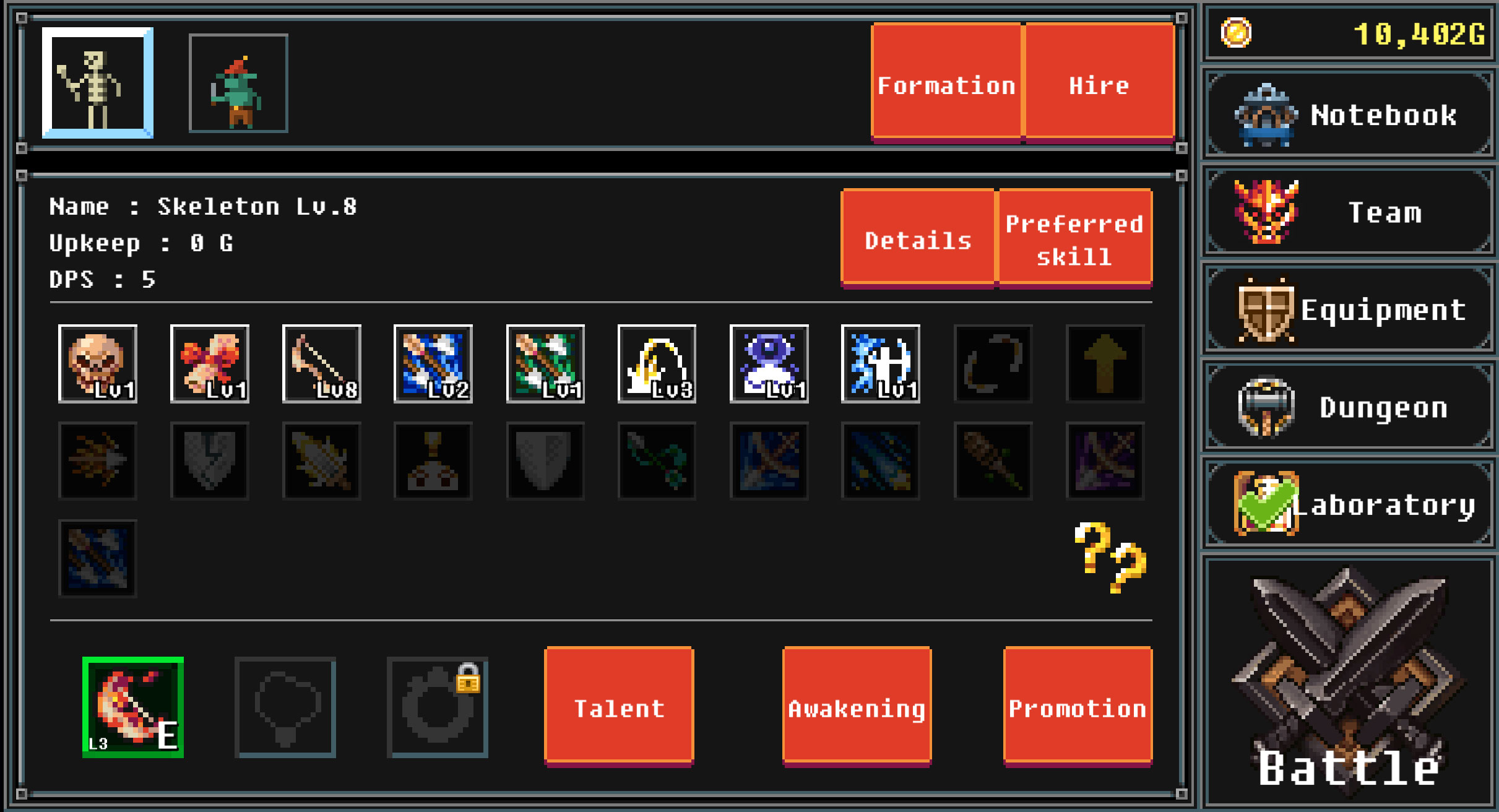
Players can also spend real-world currency to unlock items, skills and characters, but the game makes a point of outright stating that players should never need to pay-to-win. I agree with that sentiment — Dungeon Defense is a fair and balanced mobile game.
MobileSyrup may earn a commission from purchases made via our links, which helps fund the journalism we provide free on our website. These links do not influence our editorial content. Support us here.


